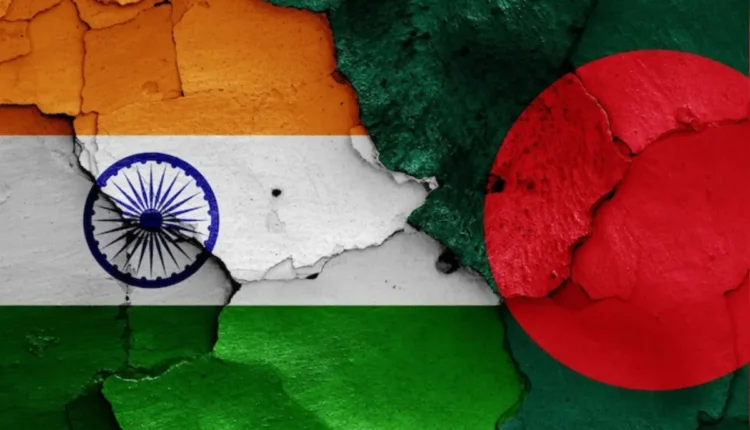India Raises Concerns Over Bangladesh’s New Visa Policy for Pakistan
India Watches Closely as Bangladesh Changes Visa Rules for Pakistani Citizens
The recent removal of security clearance requirements for Pakistani citizens applying for Bangladeshi visas has ignited significant concerns in India. This decision, announced by Bangladesh’s interim government on December 2, 2024, eliminates the ‘no objection’ clearance from the Security Services Division (SSD). While the move aims to streamline diplomatic relations between Dhaka and Islamabad, it poses potential security risks for India, particularly in its North Eastern states.
The Decision and Its Timing
Bangladesh’s interim government lifted the visa security clearance policy just before Pakistan’s High Commissioner, Syed Ahmed Maroof, met Khaleda Zia, a prominent leader of the Bangladesh Nationalist Party (BNP), in Dhaka. Historically, the BNP has maintained close ties with Pakistan, contrasting with the pro-India stance of Sheikh Hasina’s Awami League. This shift in visa policy, coupled with the BNP’s longstanding relationship with Pakistan, raises questions about a potential realignment in Bangladesh’s regional alliances.
India’s Concerns Over Bangladesh’s Visa Move
Indian security officials are closely monitoring the implications of this policy shift. The volatile political situation in Bangladesh following Sheikh Hasina’s ouster in August has already heightened tensions. Assam Chief Minister Himanta Biswa Sarma expressed concerns in August, warning about the resurgence of extremist groups in India’s North East.
Under Hasina’s leadership, Bangladesh successfully uprooted extremist networks operating in collaboration with groups like the United Liberation Front of Asom-Independent (ULFA-I). However, with the BNP potentially regaining influence, the fear is that these groups may find a resurgence in support and operational bases across the border.
A Troubled History of Extremist Collaboration
The North East’s history with extremist groups like ULFA underscores the potential risks. During the 1990s, ULFA established bases in Bangladesh with the support of the BNP-led government. These camps, located in regions like Dhaka and Sherpur, became strategic hubs for anti-India operations.
Under Sheikh Hasina’s administration, a strong crackdown dismantled these networks, leading to the expulsion or arrest of many insurgents. Experts now worry that political instability in Bangladesh, coupled with warming ties between Dhaka and Islamabad, could reverse these hard-won gains.
The Thawing of Bangladesh-Pakistan Relations
Recent developments indicate a warming of relations between Bangladesh and Pakistan. In November, a Pakistani cargo ship docked at Chittagong Port for the first time since 1971, signaling growing economic ties. Furthermore, high-level discussions between Pakistan’s high commissioner and Bangladesh’s interim government suggest a deliberate effort to bridge historical divides.
While Bangladeshi officials assert a commitment to maintaining friendly relations with India, the evolving dynamics hint at a recalibration of Dhaka’s foreign policy. This shift could have long-term implications for India-Bangladesh ties, especially concerning security cooperation in the North East.
Implications for India’s North East
India’s North Eastern states have enjoyed relative peace in recent years, thanks to improved cross-border cooperation. The potential resurgence of extremist activity, fueled by changing political dynamics in Bangladesh, threatens this stability. Groups like ULFA and the National Socialist Council of Nagaland (NSCN) previously relied on Bangladeshi territory for strategic operations. A renewed haven for these groups could disrupt regional peace and challenge India’s internal security framework.
Also Read:Renuga Vithi Veeran: A Trailblazer in Badminton’s Global Arena

